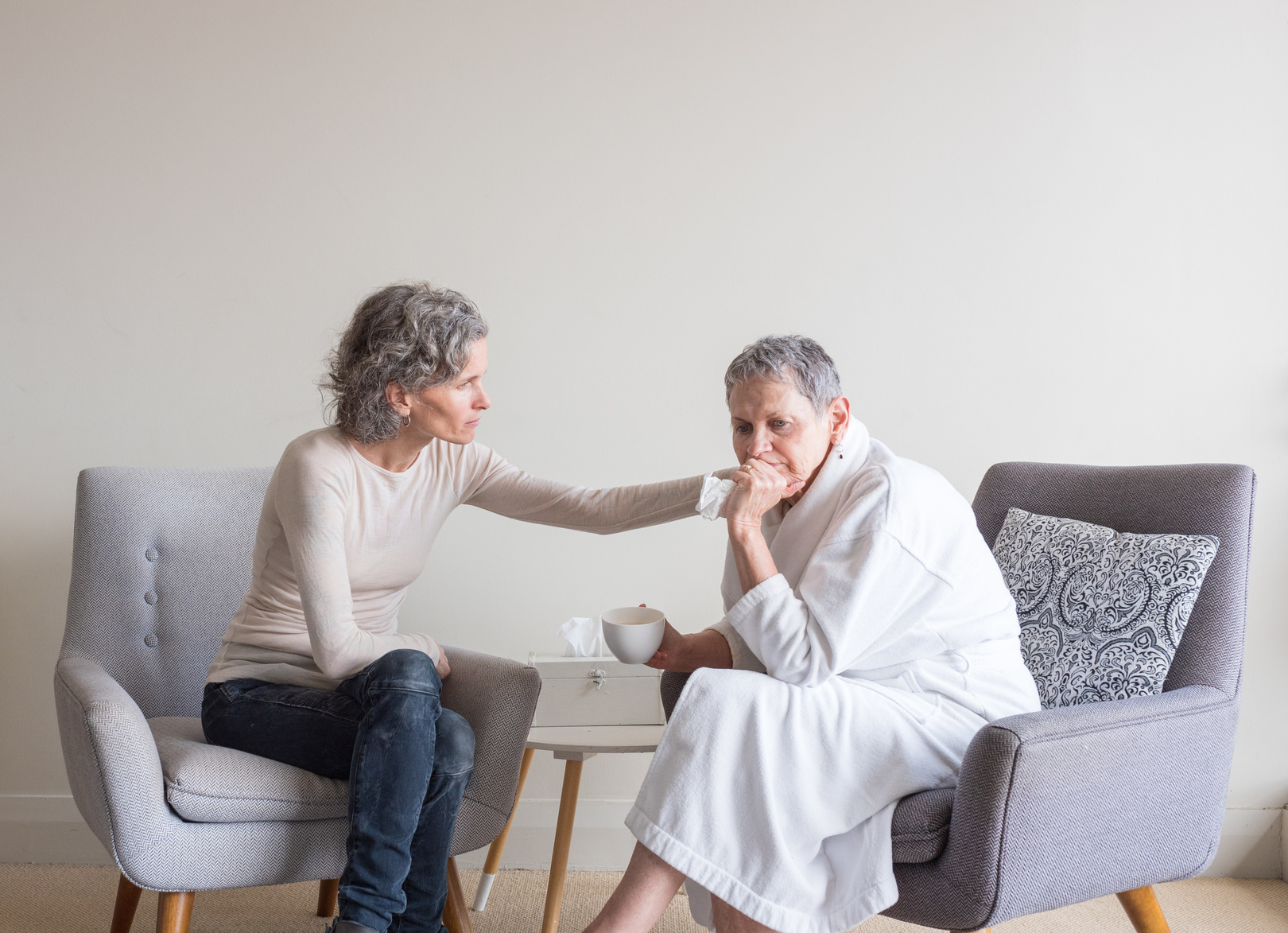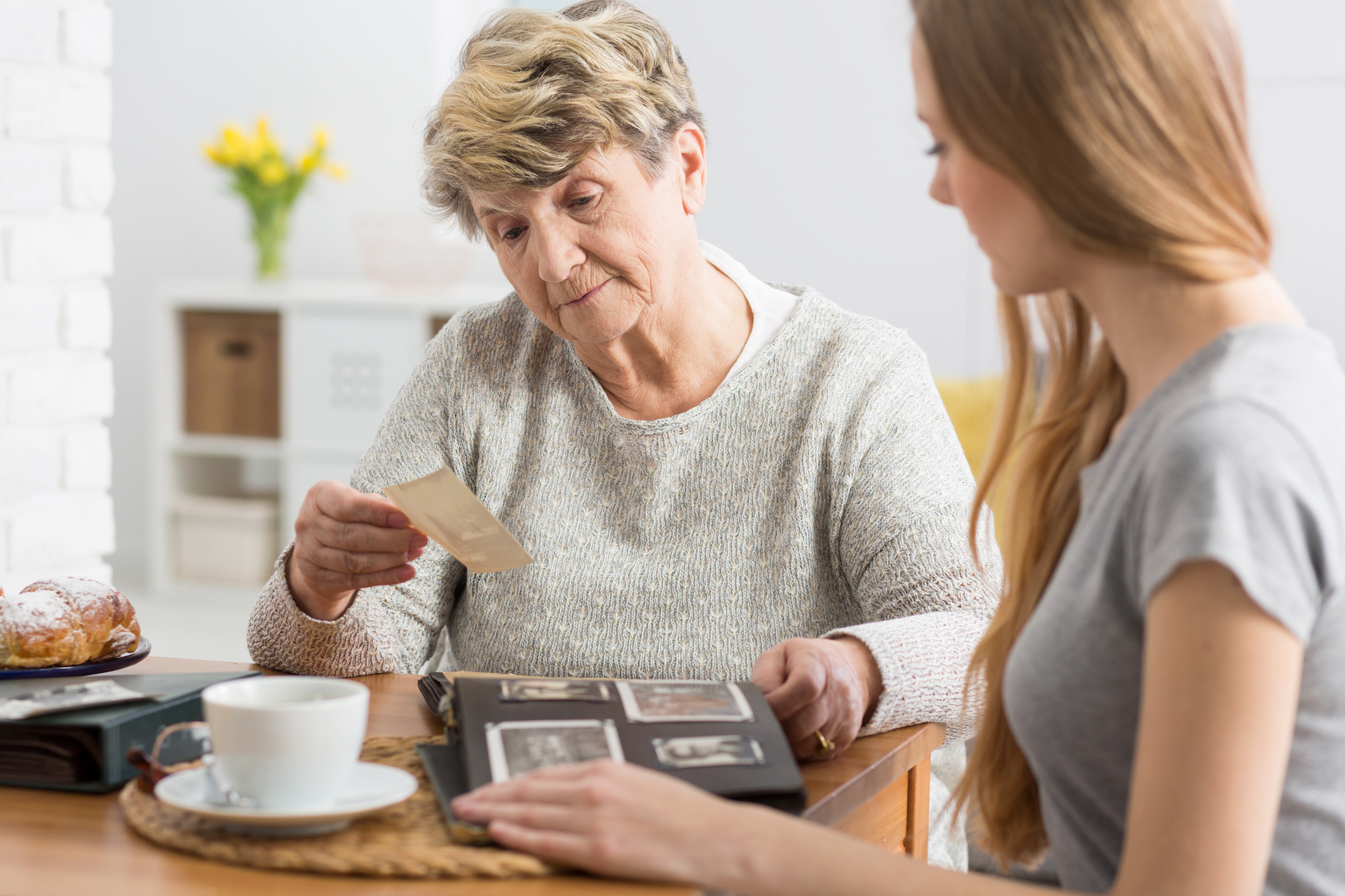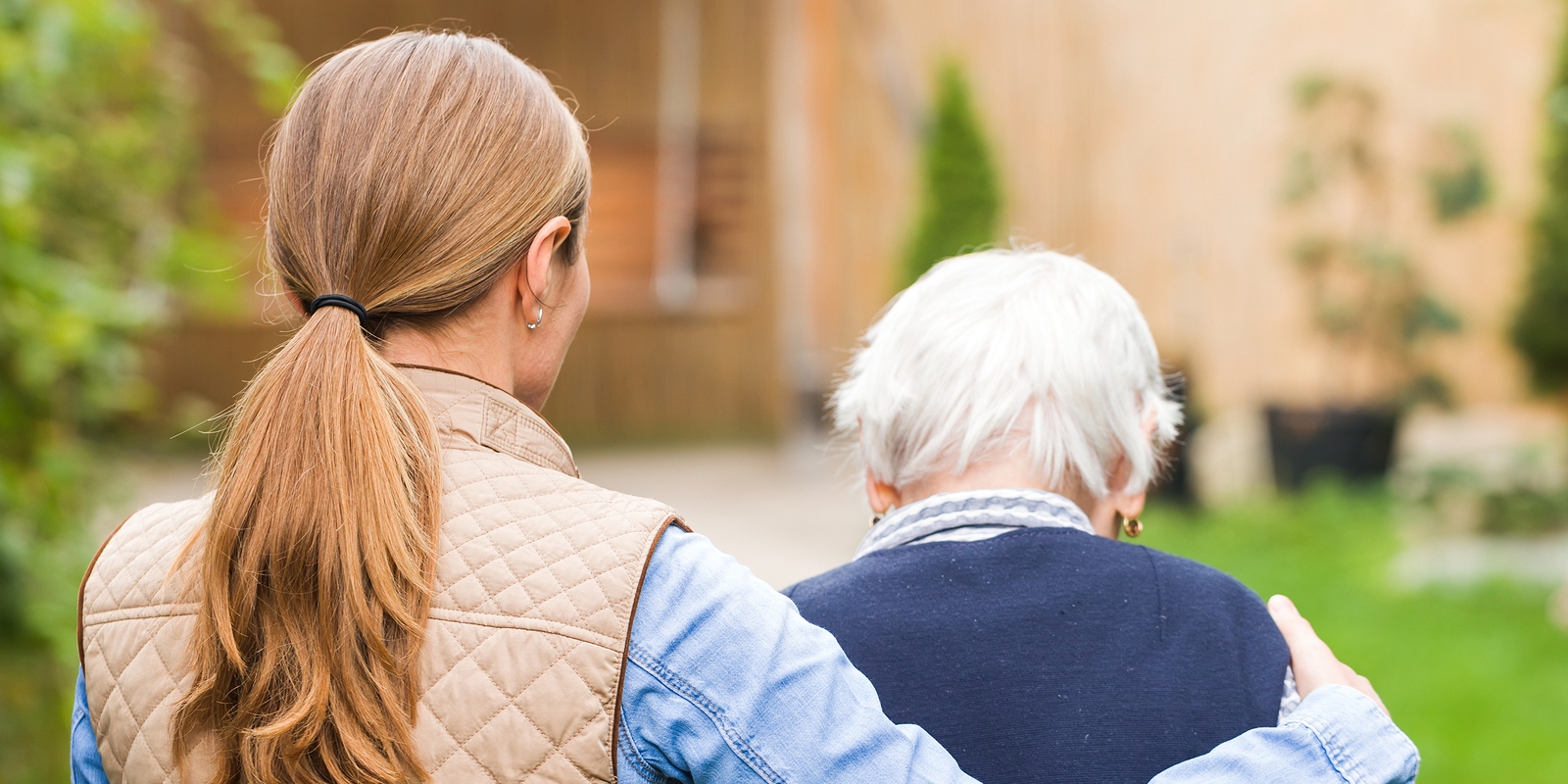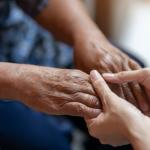Many seniors are riddled with constant worry. When the anxiety occurs on several days over the span of six months or more and in combination with other symptoms, the condition may be categorized as a form of anxiety. A potentially debilitating condition, anxiety is often overlooked in the aging population, though it plagues a large number of seniors.
Common anxiety disorders found in seniors today include:
- Generalized anxiety disorder (GAD)
- Phobias
- Panic disorder
- Obsessive compulsive disorder
Why are seniors seen to be more subject to anxiety?
Older people are highly prone to anxiety. Several reasons are behind this finding: Seniors are often on multiple medications that can worsen anxiety symptoms; their life losses are greater; and they suffer from pain, dementia (like Alzheimer’s disease) or other chronic conditions.
Seniors are less likely to report anxiety symptoms to their medical practitioner. This fact may contribute to the perception that the older population is more subject to anxiety. Research has found that anxiety equally persists in both the younger and older populations.
So, whether or not aging people experience greater anxiety than their younger counterparts, the condition still must be addressed in order for the affected individual to enjoy a high quality of life. Anxiety is an unpleasant state of mind, and seniors should seek treatment sooner rather than later.
What symptoms are present in anxiety?
Excessive worry is not the only interruption in the daily lives of older people who are affected by anxiety. A few additional symptoms are present when anxiety manifests. These include difficulty concentrating, fatigue, disruptions in normal sleep patterns and restlessness.
What are the various anxiety disorders?
Several types of anxiety disorders are prevalent in vulnerable, older individuals. The major anxiety disorders seniors often must confront include generalized anxiety disorder, post-traumatic stress disorder, acute stress disorder, panic attacks, a range of phobias, social anxiety and obsessive-compulsive disorder.
What is generalized anxiety disorder?
Symptoms
Symptoms of generalized anxiety disorder are more physical than emotional in affected seniors. Such physical symptoms include difficulty concentrating, general weakness and restlessness. The fact that these symptoms are present in many other disorders makes it tough to correctly diagnose generalized anxiety.
A thorough medical evaluation in seniors who complain of the above-mentioned physical symptoms should be performed before diagnosing generalized anxiety. Severe medical conditions, like heart disease, may worsen with the onset of anxiety, which introduces complications when trying to arrive at a proper diagnosis.
Effective treatments for generalized anxiety disorder in seniors include cognitive behavioral therapy and medications, like antidepressants. Almost half of all seniors who participate in therapy show a positive response. But, low-dose medications can have damaging, long-term effects on aging patients.
What are acute and post-traumatic stress disorders?
Acute stress disorders develop in the aftermath of a traumatic event, like an assault or natural disaster. Symptoms range from avoidance of trauma reminders (including people and places), flashbacks, distress when confronted by reminders of the trauma, irritation, and difficulty concentrating and sleeping.
Seniors who experienced a trauma in their younger years may act out their pain as an older adult, especially when circumstances resemble the environment in which a traumatic event occurred, for instance. Expecting trauma victims to snap out of their unresolved pain is highly unhelpful.
The elderly who show signs of PTSD (diagnosed when symptoms linger over a month) may find comfort in support groups. Increased isolation in seniors can worsen existing PTSD symptoms. The connections formed with group members who have undergone similar traumas reduce feelings of isolation and helplessness.
What is social anxiety disorder?
Older people with incontinence issues, hearing impairment, or who get by using a walker may feel uneasy in public situations. Feelings of discomfort force seniors with a social anxiety disorder to withdraw from or refuse to participate in social activities.
Symptoms
Symptoms of social anxiety disorder include several fears, like those of being judged negatively, eating in front of other people, and using a public restroom. Some seniors will refuse to seek professional help due to the embarrassment they feel regarding social situations.
Seniors with social anxiety disorders experience markedly reduced symptoms with the help of talk therapies conducted by qualified counselors. Cognitive behavioral therapy, exposure therapy, and interpersonal therapy work effectively to manage and ease symptoms of social anxiety in the older population.
What are panic attacks?
Sudden emotional and physical distress can appear out of the blue in seniors who experience panic attacks. This attack of dread can manifest even while seniors are asleep. Seniors prone to panic attacks feel they are experiencing a life-threatening condition, like a heart attack.
Symptoms
Symptoms of a panic attack include dizziness, chest pain, and weakness. Affected individuals may break out into a cold sweats. Seniors diagnosed with panic attacks may have experienced a loss of a spouse, take medications with side effects that contribute to the onset of panic attacks or have late-life depression.
The fear and helplessness associated with panic attacks can be effectively mitigated with the support of intergenerational family. Plus, various therapies, like group therapy, cognitive behavioral therapy and bereavement therapy, are healthy ways to pinpoint the issues behind panic attacks and resolve symptoms.
Caregivers to Help with Anxiety
When your aging loved one’s condition deteriorates due to the onset of anxiety, professional help provides a meaningful way to improve symptoms and re-introduce well-being into the lives of sufferers. Caregivers, like those from Assisting Hands Home Care, offer daily emotional and physical support via compassionate elder care services.
Licensed and bonded caregivers from Assisting Hands Home Care support care recipients with personal care, transportation, and meal preparation. Our home care services are designed to ensure the senior in our care is comfortable, secure, and safe. With comprehensive senior care services, Assisting Hands Home Care can be there when family members cannot.
Home Care Services to Counteract Anxiety
Flexibility is an integral component of elder care. Assisting Hands Home Care options include respite care, dementia and Alzheimer’s care, fall prevention services and home evaluations. We also provide companionship care to ward off the isolation and loneliness common to seniors.
Turn to Assisting Hands Home Care in Hollywood, Florida, even when the senior in your life experiences an anxiety disorder. Our compassionate, patient caregivers are dedicated to fully supporting the seniors in our care with a wide range of reliable home care services.




